20+ Years Experience
Specialist Education Providers

Enquire Today For A Free No Obligation Quote
Playgrounds play a crucial role in promoting inclusive education, particularly for children with special educational needs and disabilities. Inclusive education refers to an educational approach that values diversity and ensures all children, regardless of their abilities, have equal opportunities to learn, grow, and thrive.
By embracing the principles of inclusive education, playgrounds can provide a safe and supportive environment where children of all abilities can actively participate in play and reap numerous benefits.
Understanding inclusive education is essential to comprehend the significance of inclusive playgrounds. Inclusive education emphasizes the inclusion of all students, regardless of their physical, intellectual, or sensory abilities, in mainstream classrooms. It recognises the importance of individual differences and supports the diverse learning needs of every child.
The role of playgrounds in inclusive education is vital. Playgrounds serve as spaces where children can engage in various activities that promote not only physical development but also social, cognitive, and emotional growth.
It is through play that children can learn valuable skills, form meaningful connections with their peers, enhance their creativity, and develop a positive self-image.
When it comes to children with disabilities, inclusive playgrounds offer unique benefits. These playgrounds provide opportunities for physical development and mobility, allowing children to improve their motor skills, strength, balance, and coordination.
In addition, inclusive playgrounds foster social skills and peer interaction, enabling children of all abilities to connect, communicate, and engage in cooperative play.
Furthermore, inclusive playgrounds stimulate cognitive and emotional development by providing sensory experiences, encouraging problem-solving, imaginative play, and emotional expression.
To ensure that playgrounds are truly inclusive, they need to be designed with careful consideration. Creating an accessible physical environment is essential, incorporating features that allow easy navigation for children with mobility challenges.
Providing a variety of sensory experiences, such as tactile elements, visual stimulation, and auditory features, can cater to the diverse sensory needs of children. Inclusive play equipment and structures that accommodate different abilities and offer various levels of challenge enable all children to engage in play activities.
Supporting inclusive playgrounds in schools requires collaboration among educators, parents, and the wider community. Open communication and cooperation can ensure that the unique needs of children with disabilities are taken into account during the design and implementation phases.
Training and professional development for staff are essential to create a supportive and inclusive play environment. Furthermore, evaluating and monitoring inclusive playground programs can provide valuable insights into their effectiveness and identify areas for improvement.
Inclusive playgrounds serve as a pathway to inclusive education. By embracing the principles of inclusive education and designing playgrounds that cater to the diverse needs of all children, we can create an environment where every child can play, learn, and thrive together.
Inclusive education is the practice of providing equal educational opportunities for all students, including those with disabilities. It involves creating an environment that is accessible, supportive, and accommodating for students of diverse abilities.
Understanding inclusive education is crucial to ensure that every student has the opportunity to learn and thrive. It requires embracing diversity, promoting acceptance, and making necessary adaptations to the curriculum, teaching methods, and classroom environment.
By embracing inclusive education, schools can foster a sense of belonging and empower students with disabilities to reach their full potential.
Inclusive education is a philosophy that values diversity and promotes equal access to education for all students, regardless of their abilities or differences. It recognises that every child has the right to be educated in a supportive and inclusive environment, alongside their peers.
Inclusive education is important because it fosters a sense of belonging, promotes social integration, and helps to create a more accepting society. It benefits not only students with disabilities, but also their peers, who learn important values such as empathy and inclusion.
By embracing inclusive education, we can ensure that every child has the opportunity to reach their full potential and thrive academically, socially, and emotionally.
Playgrounds play a vital role in inclusive education by promoting physical, social, and cognitive development for all children, regardless of their abilities.
To enhance the role of playgrounds in inclusive education, schools can consider:
Playgrounds offer a wide range of benefits for children with disabilities. They have a profound impact on these children, promoting physical development, mobility, social skills, peer interaction, cognitive growth, and emotional growth.
These play spaces can truly transform the lives of children with disabilities, providing them with new opportunities for overall development and well-being.
Promoting physical development and mobility in children is a crucial aspect of inclusive education. Inclusive playgrounds play a significant role in achieving this goal. Here are some ways in which playgrounds can promote physical development and mobility:
Research has shown that regular physical activity during childhood not only promotes physical development and mobility but also improves cognitive performance and overall well-being.
Enhancing social skills and promoting peer interaction are important aspects of inclusive playgrounds in education.
Stimulating cognitive and emotional development is a vital aspect of inclusive education, and playgrounds play a significant role in achieving this goal. Here are some ways in which playgrounds stimulate cognitive and emotional development:
Inclusive playgrounds have the power to empower children with disabilities. This section explores the essential aspects of designing inclusive playgrounds, including creating an accessible physical environment, offering various sensory experiences, and promoting inclusion through play equipment and structures.
The combination of these elements transforms play into a valuable learning experience for all children, promoting mobility, social interaction, and cognitive development.
Creating an accessible physical environment in inclusive playgrounds is crucial to ensure that children of all abilities can fully participate and enjoy the play experience. Here are the key steps to achieve this:
By following these steps, inclusive playgrounds can create an environment where all children can play together, fostering inclusivity and promoting the development of social interactions and friendships between children of different abilities.
Providing a variety of sensory experiences on inclusive playgrounds is crucial for promoting engagement and development in children with disabilities.
Ensuring inclusive play equipment and structures is essential for creating an inclusive playground environment that caters to the needs of all children, including those with disabilities. Here are some factors to consider when designing inclusive play equipment:
Inclusive playgrounds in schools are essential for supporting children with disabilities. Working together with educators, parents, and the community is crucial to ensure that children of all abilities can fully participate in play.
Providing training and professional development for staff is vital in creating inclusive playground environments. Evaluating and monitoring inclusive playground programs helps us assess their effectiveness and make any necessary improvements.
Collaboration between educators, parents, and the community is essential for the successful implementation and support of inclusive playgrounds in schools.
Training and professional development for staff are essential in creating inclusive playgrounds and promoting inclusive education.
Evaluating and monitoring inclusive playground programs is essential to ensure their effectiveness and impact on children with disabilities. To properly evaluate and monitor these programs, the following key steps should be followed:
Inclusive playgrounds promote social interaction, physical development, and learning opportunities for children with disabilities. These playgrounds are designed with accessibility features such as ramps, sensory play equipment, and wheelchair-inclusive swings.
They create a safe and inclusive environment where children of all abilities can play together, fostering acceptance and understanding. Inclusive playgrounds also support the goals of inclusive education by allowing children with disabilities to engage in meaningful play experiences alongside their peers.
By incorporating inclusive playgrounds into schools, we can create a more inclusive and supportive learning environment for all children.
Here are some ways in which the UK government promoted inclusive play in playground design:
The promotion of inclusive play in playground design for children with disabilities in the UK was guided by various policies and initiatives. However, keep in mind that policies may evolve, and it’s essential to check for the latest information.
The government promotes inclusive play by ensuring that all children have equal access and the opportunity to participate in play. This means that playground designs should prioritise inclusivity and cater to the diverse needs of children with disabilities or special educational needs (SEN).
Inclusive play provides numerous physical and social benefits for children with disabilities. It promotes physical fitness, cardiorespiratory fitness, and body development. Regular engagement in inclusive play can contribute to improved overall health and well-being in the long term.
Inclusive play fosters social development by creating opportunities for children with disabilities to interact with their peers and adults.
It allows individuals to learn from each other, develop social skills, and build relationships. Inclusive playgrounds promote cooperation, camaraderie, and a sense of belonging for all children.
Intrinsic motivation is a key factor in inclusive play for children with disabilities. It refers to engaging in play activities autonomously and for the sake of enjoyment or personal satisfaction.
Inclusive play environments that provide real choices and freedom allow children with disabilities to develop intrinsic motivation, leading to increased participation and a positive attitude towards play.
Inclusive play promotes the development of a wide range of skills and abilities in children with disabilities. It allows them to explore different roles, activities, and play behaviours.
Through inclusive play, children can develop their cognitive, emotional, physical, and social skills, fostering their overall growth and development.
A recent study using a naturalistic observation design found that children with disabilities frequently engage in active play and functional play in inclusive playgrounds.
They interacted with peers and adults during their play activities. This research provides valuable insights into how inclusive play spaces are utilised and can inform the design of future inclusive playgrounds.




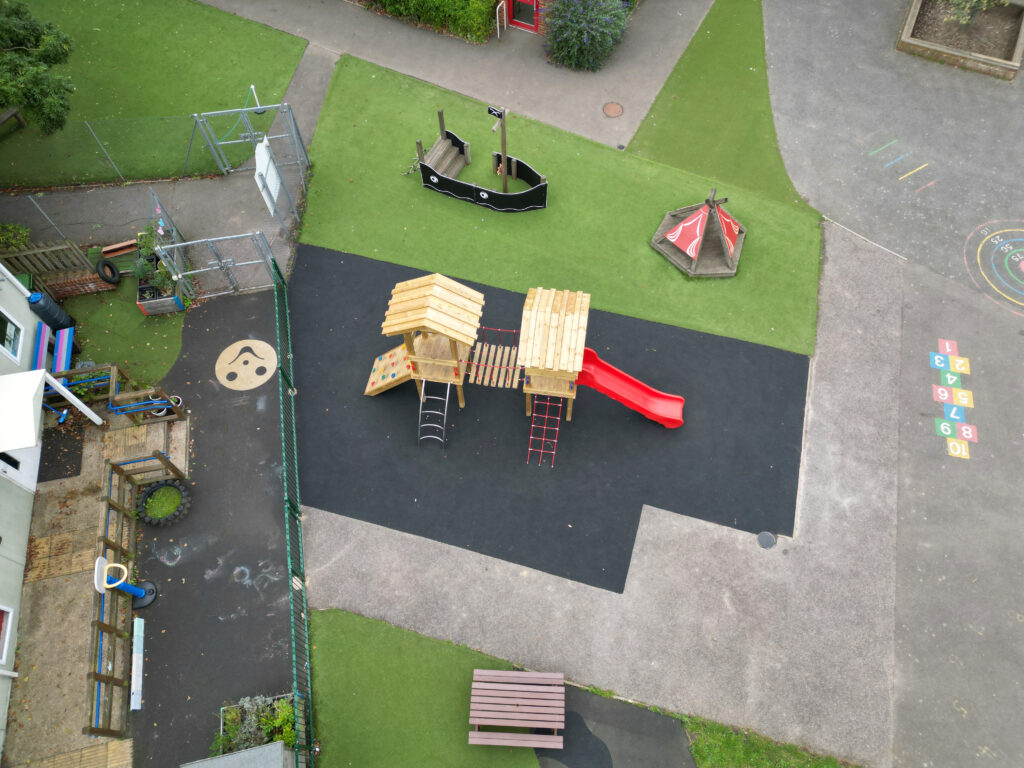

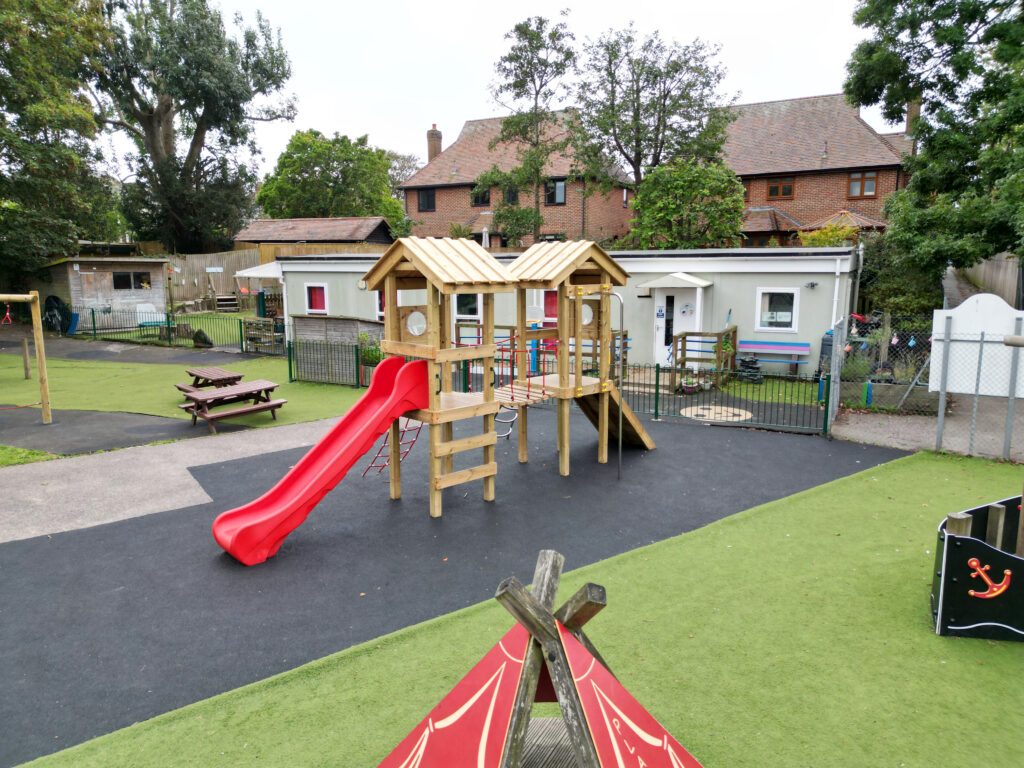
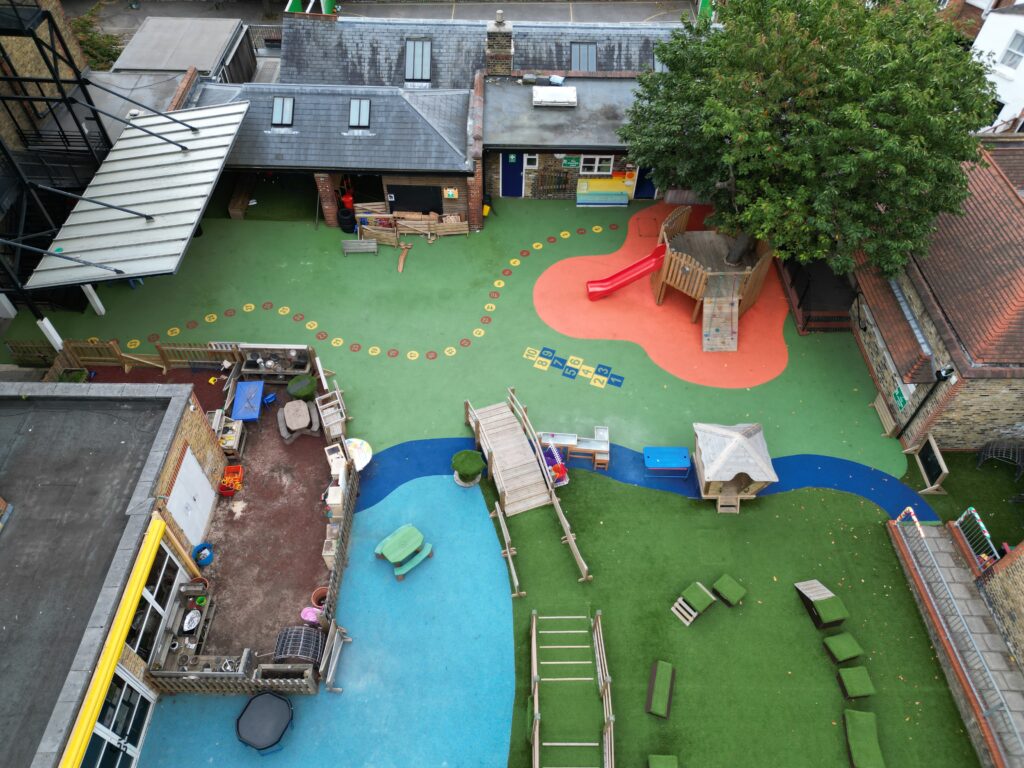






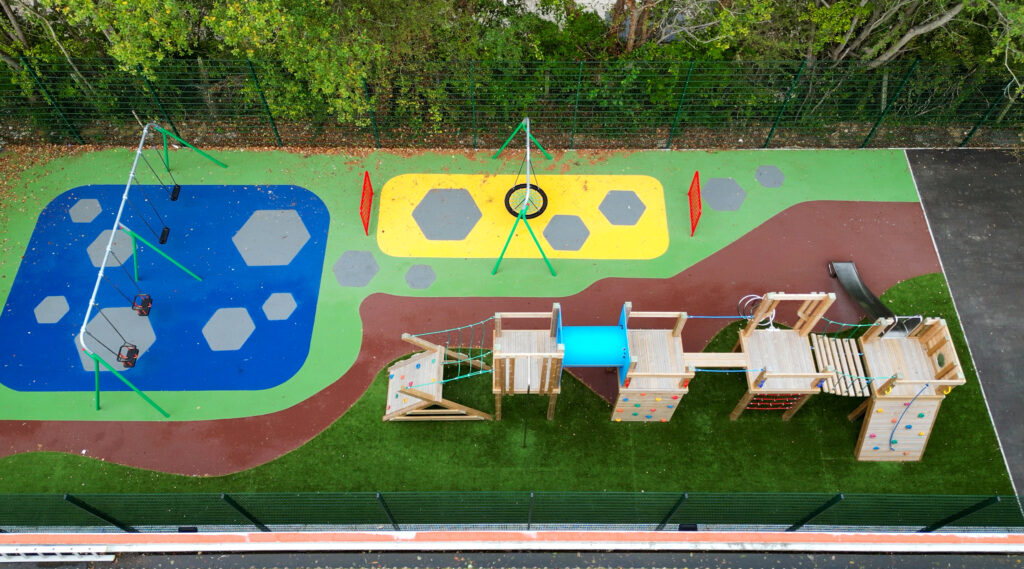










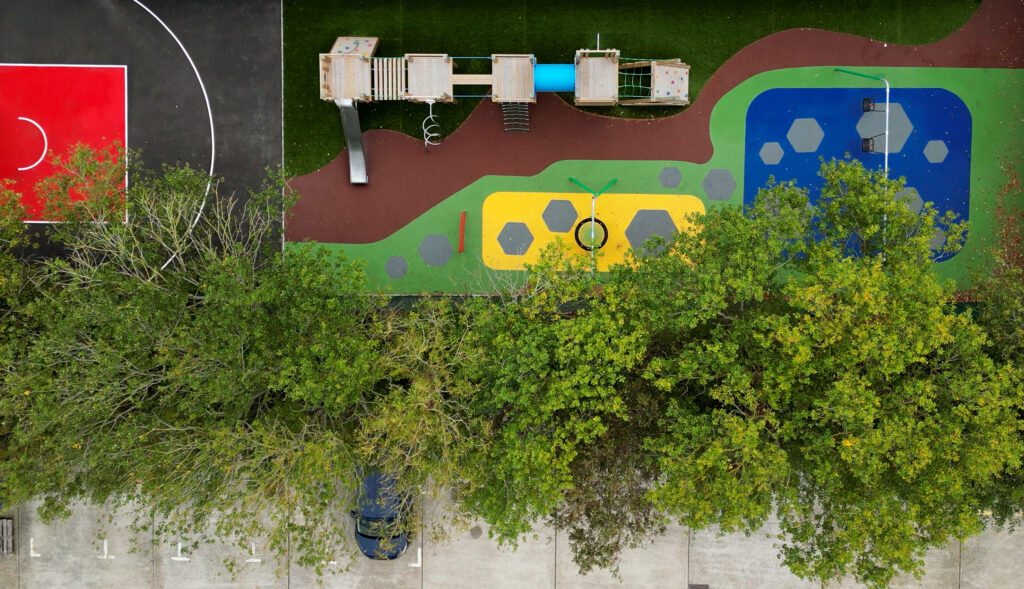









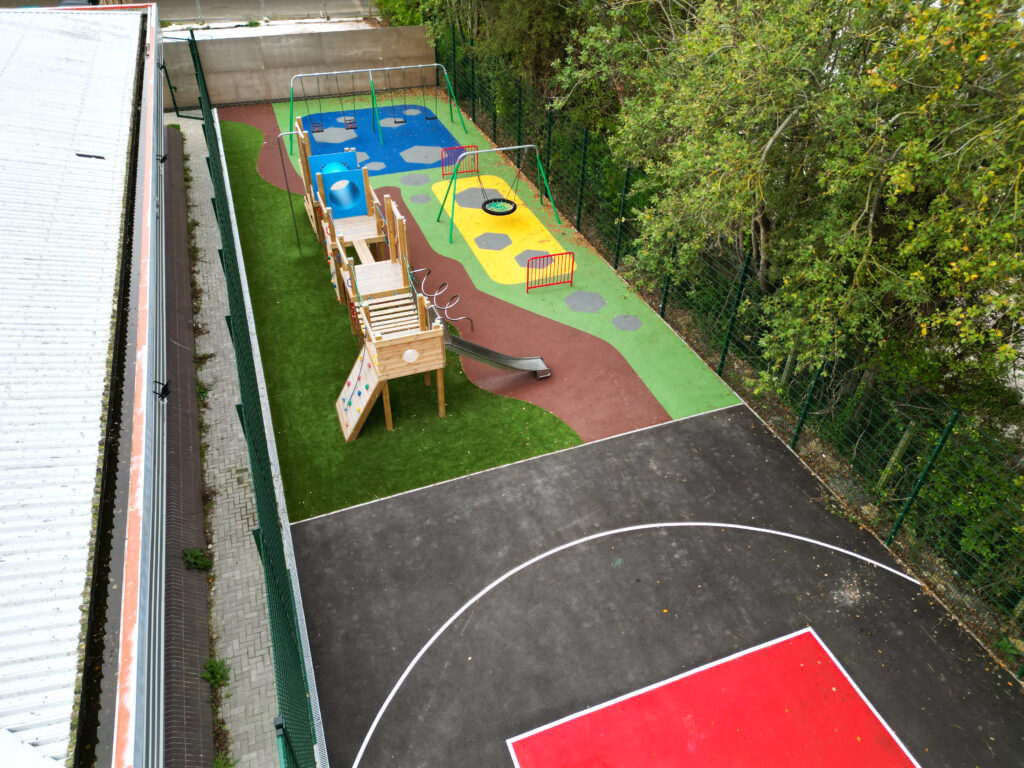



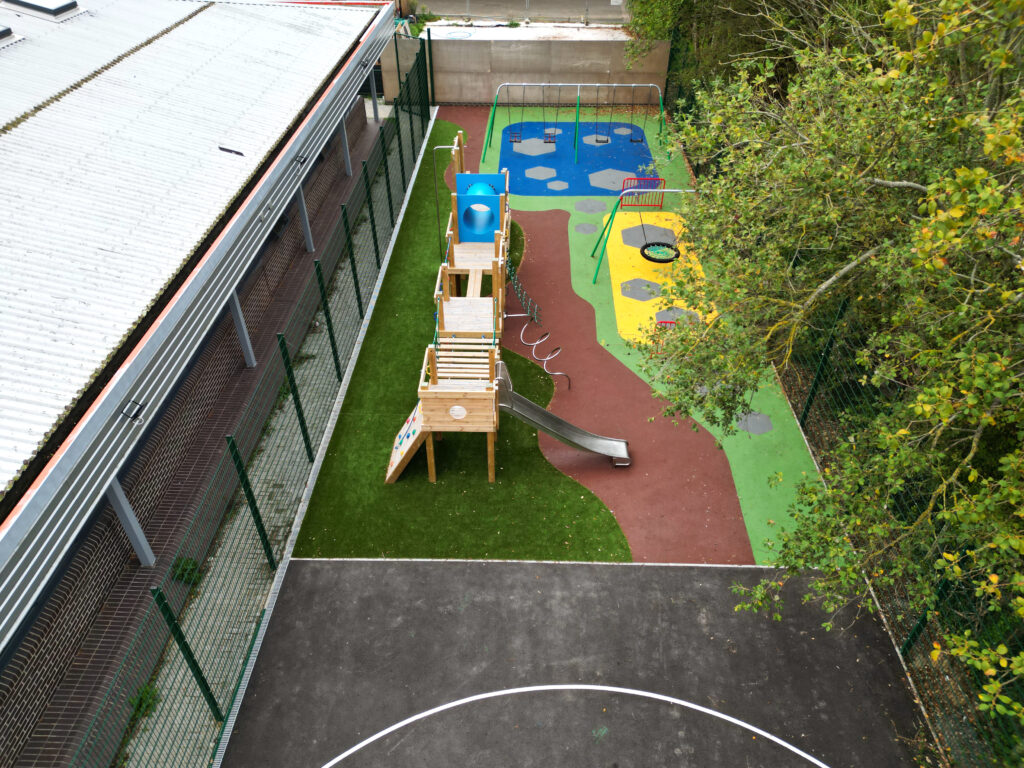







We Aim To Reply To All Enquiries With-in 24-Hours